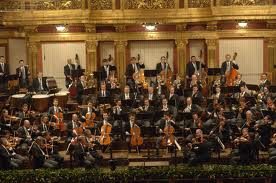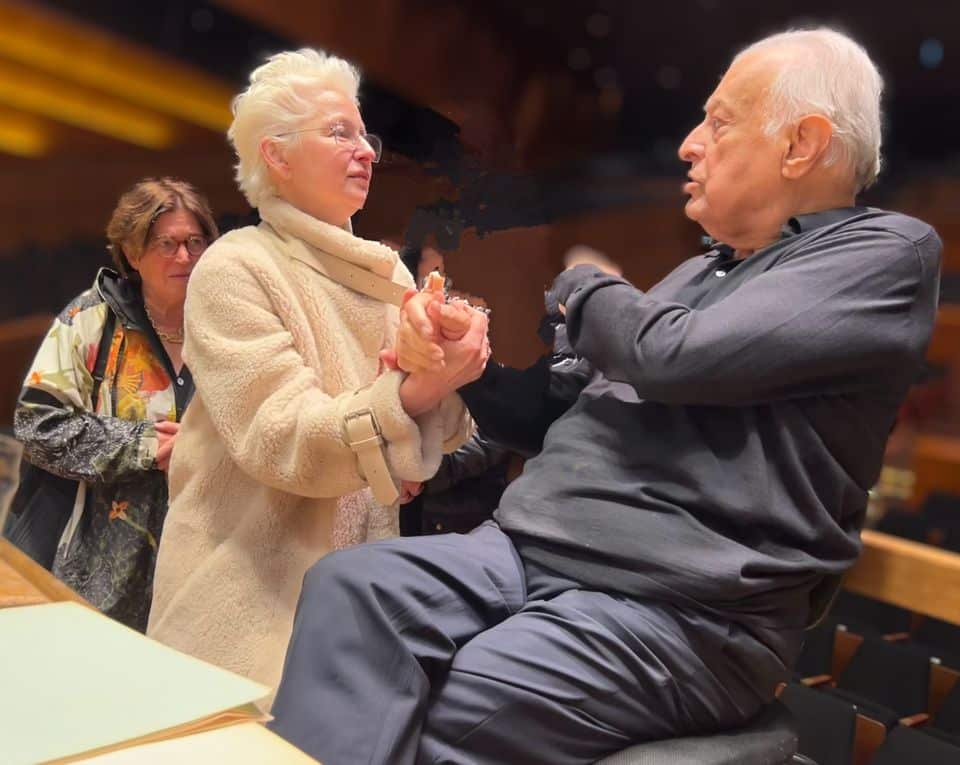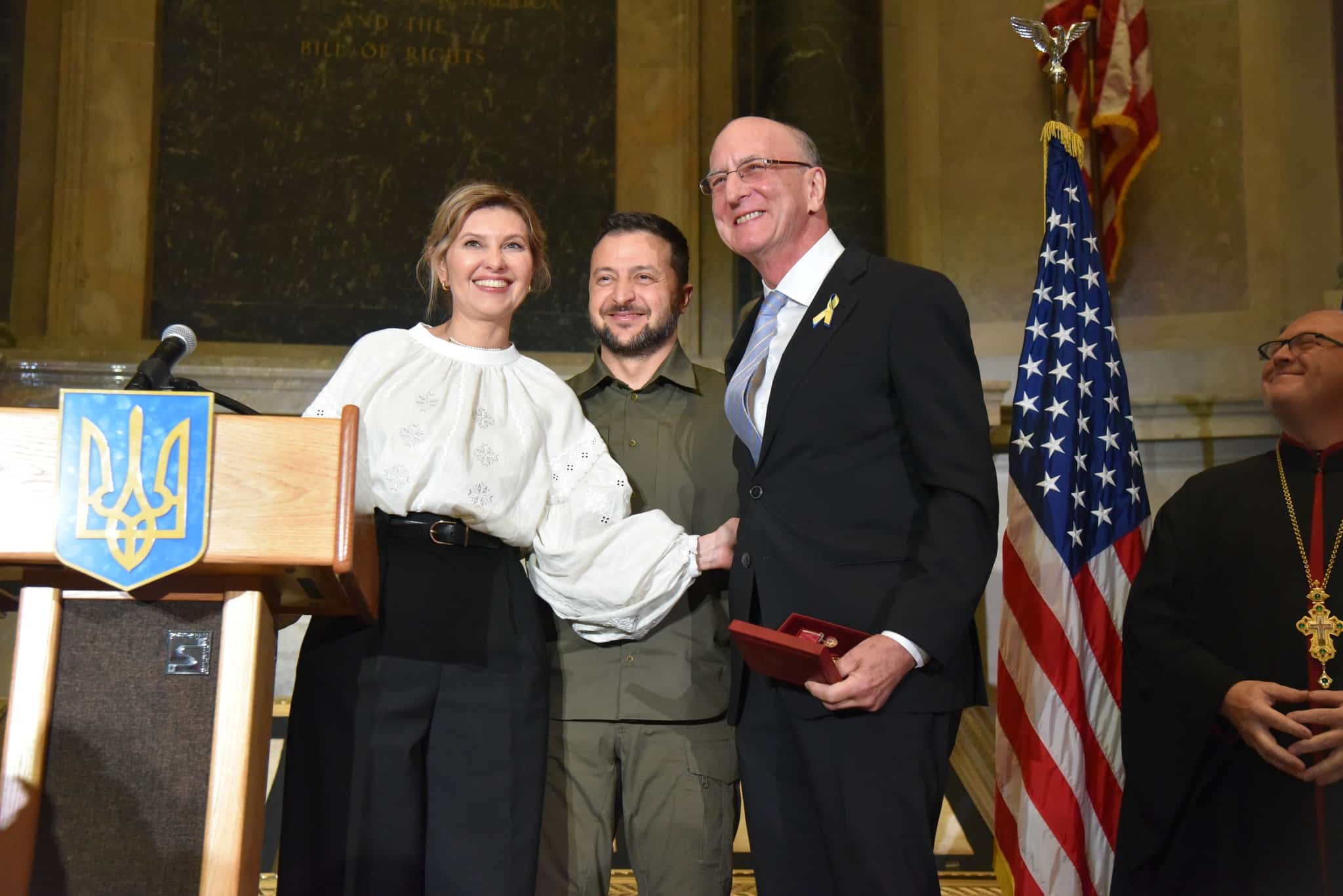Vienna Philharmonic quietly denazifies a New Year’s waltz
mainEver since 1946, the Vienna Philharmonic has been playing a version of the Radetzky March made on their behalf by a composer called Leopold Weninger, a hardcore Nazi and good pal of the orchestra.
Weninger joined the Nazi party in 1932 and worked for various music publishers.
Not until now did anyone object to playing a Nazi arrangement. But someone this year, possibly the conductor Andris Nelsons, raised an eyebrow. As a result, says Vienna Phil chairman Daniel Froschauer, a clean score was ‘created as a joint effort of the Vienna Philharmonic and, above all, unencumbered by a brown past’.
Thanks, Andris.
UPDATE: A much better Radetzky March.

Not brown.






Comments